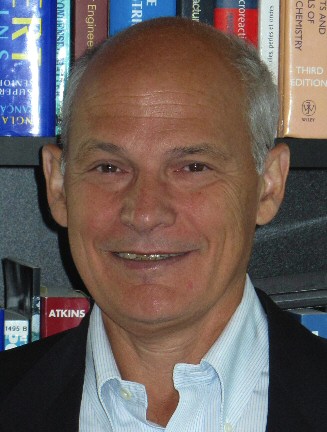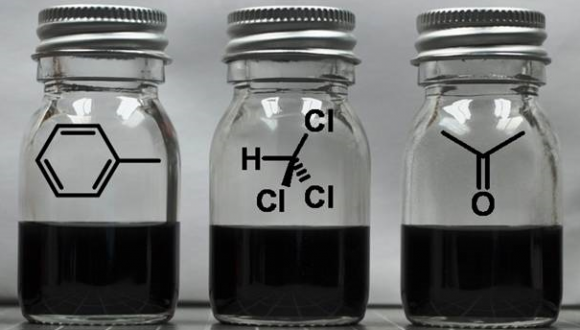סמינר מיוחד לרגל הקמת המחלקה למדע והנדסה של חומרים
Prof. Ludwik Leibler, חדר 011, בניין כיתות הנדסה
Self-healing rubbers, super-processable plastics and universally dispersible colloids from supramolecular assemblies
Prof. Ludwik Leibler
Matiere Molle et Chimie, ESPCI ParisTech, 10 rue Vauquelin, 75005 Paris, France
Email: ludwik.leibler@espci.fr
Supramolecular chemistry can help to solve the dilemma of making easily processable materials while still maintaining good polymer-like properties. It can also allow synthesis of materials with unique hitherto unattainable properties.
First, I will show that branched oligomers equipped with complementary and self-complementary multiple hydrogen bonding units small molecules can exhibit rubber-like properties: large extensibility and low creep under stress. Contrary to classical elastomers, however, when broken or cut supramolecular rubbers can be simply mended by bringing together fractured surfaces even at room temperature. Interestingly, the process of breaking and healing can be repeated many times and healing can be achieved even when broken parts were kept apart for quite a long time. Yet, supramolecular rubbers are not self-adhesive. These observations shed new light on physics of associations and organisation and open challenging questions about unusual dynamics, fracture and adhesion of supramolecular assemblies.
The second example concerns linear amide oligomers equipped with imidoazolidone groups. Properly designed these molecules behave like semi-crystalline thermoplastics of high molecular weight, but at high temperature they are super-processible since they flow like oil. Good mechanical properties are achieved by control of interplay between directional and dispersive interactions and of resulting order-disorder transition.
Eventually I will discuss how supramolecular associations can be used to provide a convenient tool to prepare colloidal particles and in particular carbon nanotubes that can be dispersed in solvents of any chemical nature, easily recovered and re-dispersed.
Prof. Ludwik Leibler – Biography
Dr. Leibler, exceptional grade senior researcher at Centre National de la Recherche Scientifique (CNRS) and adjunct professor at Ecole Supérieure de Physique et Chimie Industrielles (ESPCI) in Paris, is the director of Soft Matter and Chemistry Laboratory at ESPCI. Dr. Leibler received his PhD in 1976 in Theoretical Physics from Warsaw University, and then spent two years as a post-doctoral fellow with Professor Pierre-Gilles de Gennes at the College de France. He is a researcher at CNRS, initially in Strasbourg (1979-1984) then in Paris (1984-1996), where he made seminal contributions in the area of polymer self-assembly and dynamics, interfaces, gels and charged polymers.
From 1996 to 2003 he was the founding director of a joint laboratory between CNRS and chemical company Elf-Atochem (later Arkema). This unique endeavour assembled researchers from academe and industry to tackle longstanding problems including the development of nano-structured materials, super-tough polymers or stimuli-responsive surfaces. Several of his discoveries led to now commercial materials.
In 2001 he became Professor of Soft Matter and Chemistry at Ecole Supérieure de Physique et Chimie Industrielles in Paris where his research interests include design and synthesis of self-healing materials, supramolecular chemistry, composites, design of stimuli responsive systems, and tissue adhesion. His recent concept and realization of a self-healing rubber that self-repairs by simple contact after being cut and of a new class of organic materials, called vitrimers, which are insoluble, but are malleable at high temperatures and solidify very progressively when cooled, like glass, spurred intensive research and development activity in numerous academic and industrial laboratories and attracted worldwide attention of public at large.
Dr. Leibler has received awards for teaching and research from various organizations including the Polymer Physics Prize of the American Physical Society, and the American Chemical Society's Award in Polymer Chemistry and Polymer Technology Netherlands Award. In France, he was awarded with Medal of Innovation, Grand Prix of Fondation de la Maison de Chimie, Grand Prix IFP of French Academy of Sciences, and Grand Prix Pierre Süe of the French Chemical Society, Silver Medal from CNRS. Dr Leibler is a Foreign Associate of the American National Academy of Engineering. He has authored more than 49 patents and 170 papers, which have been cited more than 11,000 times.


